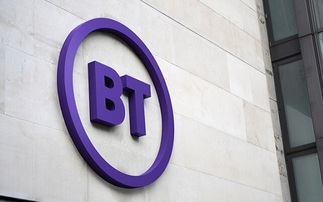Little to differentiate parties' plans without Network Design and Procurement Group
During a speech at the NextGen09 conference this week, Minister for Digital Britain Stephen Timms announced that the Network Design and Procurement Group, tasked with distributing funds collected f...
To continue reading this article...
Join Computing
- Unlimited access to real-time news, analysis and opinion from the technology industry
- Receive important and breaking news in our daily newsletter
- Be the first to hear about our events and awards programmes
- Join live member only interviews with IT leaders at the ‘IT Lounge’; your chance to ask your burning tech questions and have them answered
- Access to the Computing Delta hub providing market intelligence and research
- Receive our members-only newsletter with exclusive opinion pieces from senior IT Leaders

















